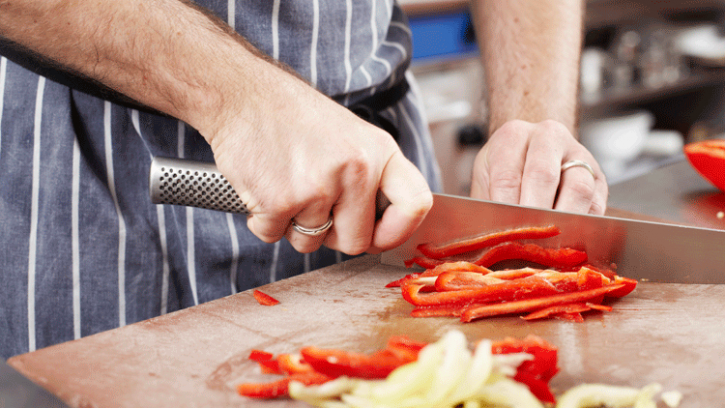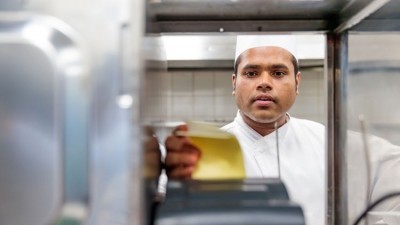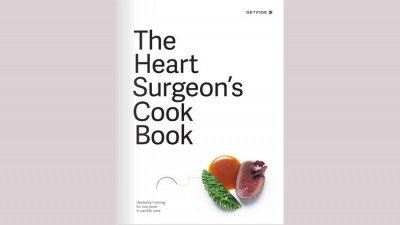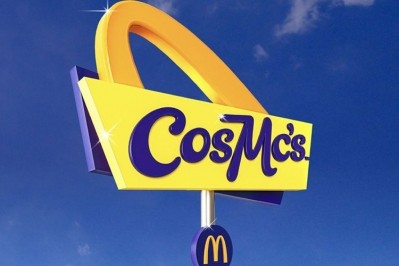The Lowdown: No Mise En Plastic

I believe it’s spelt ‘place’
Nope. No Mise En Plastic is an ingeniously-titled online resource designed to help chefs reduce their reliance on plastics (particularly single-use ones). It has recently turned its attention to plastic chopping boards.
What’s the problem with them?
According to a recent study from North Dakota University, plastic chopping boards are a significant source of microplastic deposits in restaurant food. There are growing concerns that ingesting microplastics can damage human cells, leading to health problems including intestinal inflammation and allergic reactions. In addition, while the impacts of ingesting microplastics have yet to be fully understood, chemicals found in plastic have been linked to a range of other health problems including cancer, heart disease and poor foetal development.
Oh dear. Plastic chopping boards are what most kitchens use, right?
Yep. Cheap, dishwasher-proof and perceived as being durable, plastic chopping boards are used by the vast majority of commercial kitchens.
So plastic is for chop – or not, in this case. What should chefs use instead?
The organisation believes chefs should be using wooden boards which, when properly maintained, have the potential to be more hygienic than their plastic counterparts. What’s more, wooden chopping boards are much kinder to knives especially when made from woods like maple, cherry and beech (very hard woods and bamboo should be avoided).
But aren’t wooden chopping boards discouraged in a commercial setting?
Nope. That’s a common misconception amongst chefs. In response to the launch of the campaign, the Food Standards Agency has confirmed that hospitality businesses are free to use wooden chopping boards. Handily, No Mise En Plastic’s website has a section on what chefs need to do to ensure the equipment they use is up to scratch.
Who is behind No Mise En Plastic?
The organisation is headed by 29-year-old Jack Feeny. Having spent the past seven years or so working in London kitchens, he noticed that his peers were getting through vast quantities of clingfilm, disposable gloves and vacuum bags. Containing lots of hacks to help chefs to be kinder to both the environment and their employer’s coffers, the website is well worth a look.





















